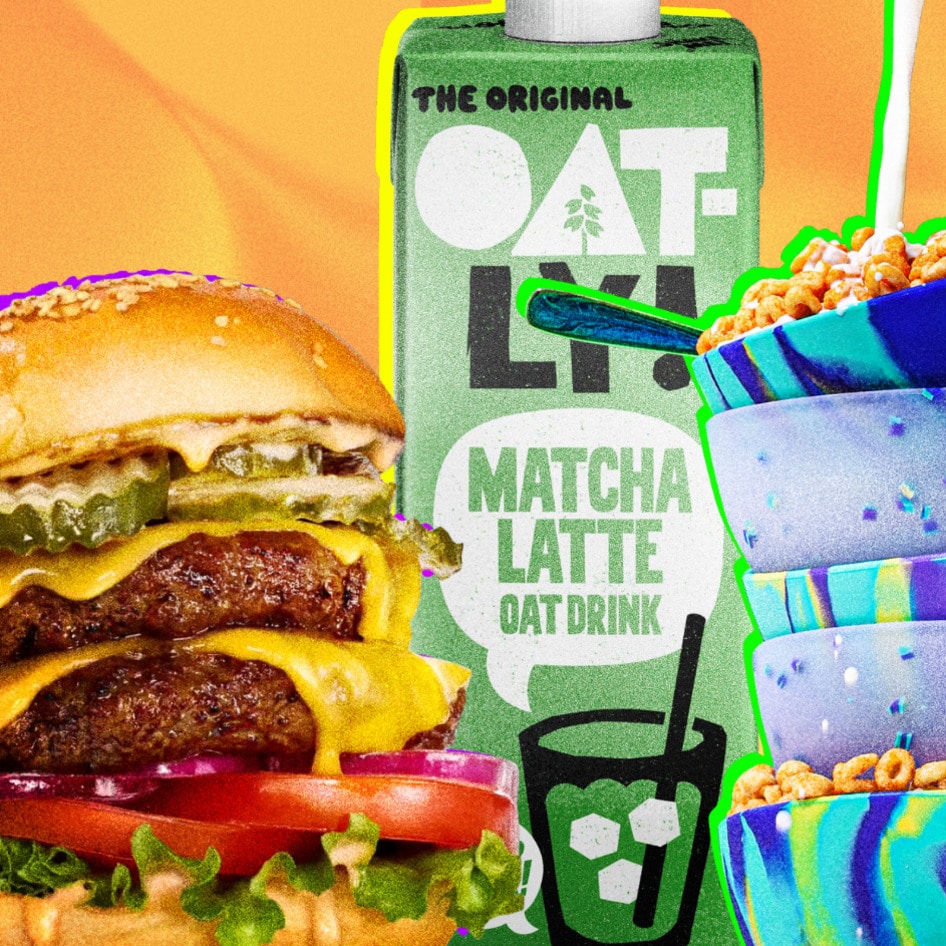Dictionary expert Kory Stamper weighed in on the current debate surrounding the labeling of plant-based products as “milk” in a recent interview with media outlet Grist. The conflict arose from The Dairy Pride Act, a bill proposed by a group of congressmen from dairy producing states in 2016 to urge the Food and Drug Administration (FDA) to ban the use of the term “milk” in relation to plant-based products. “The FDA can decide whatever they want, but in terms of common usage, that use of plant milk is not going anywhere,” Stamper said. “It’s 600 years old.” Stamper points out that while dairy industry groups are focusing on the first definition of milk that limits the term to mammalian lactal secretions, the next common definition states that milk is also “a food product produced from seeds or fruit that resembles and is used similarly to cow’s milk,” as well as “a liquid resembling milk in appearance.” For decades, the FDA has not acted upon dairy industry pressure to limit the definition of milk to mammalian secretions, but language in a $1.3 trillion omnibus spending bill issued earlier this year forced the organization to comment on the issue. During a recent conference, FDA commissioner Scott Gottlieb stated that “an almond doesn’t lactate,” to describe his position on the matter. “Trying to change general usage once it’s well established is pretty impossible,” Stamper said, regarding the commonality of using “milk” to describe plant-derived products, adding, “so good luck with that.” A report released this week by market research firm Nielsen Holdings found that plant-based milk sales have increased by 9 percent between June 2017 and June 2018 (generating $1.6 billion), while dairy milks sales declined by six percent within that time period.
JUMP TO ... Latest News | Recipes | Guides | Health | Subscribe
Photo courtesy of Mental Floss







